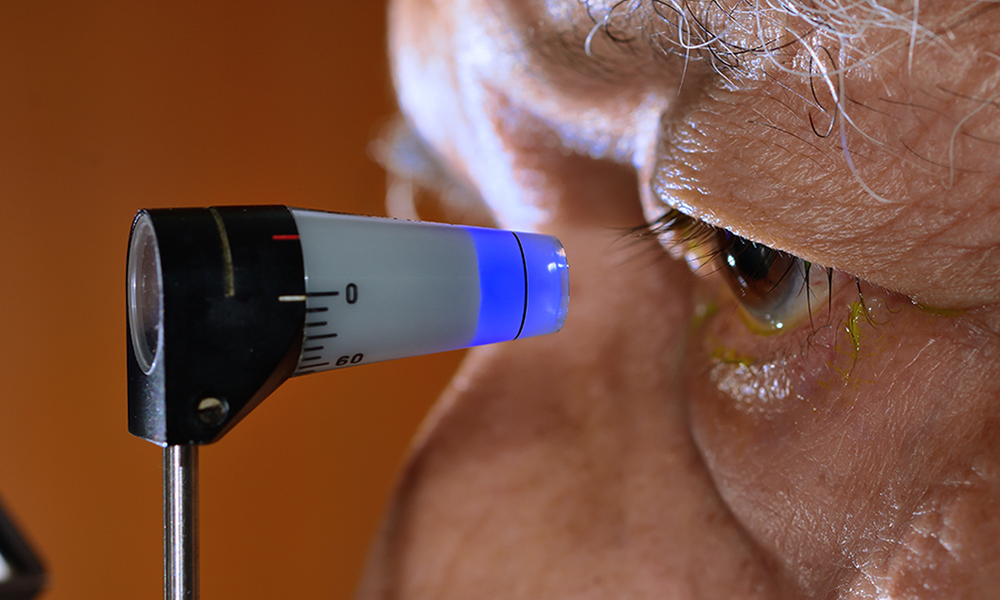
Glaucoma is one of the leading causes of blindness in the world. But most people don’t realise it until it’s too late. The good news is that with early detection and treatment, it’s possible for you to manage glaucoma and preserve your vision. In this guide, you can learn everything about Glaucoma (ต้อ หิน, which is also a term in Thai).
What Do You Need To Know About Glaucoma?
It is actually a group of eye conditions that cause damage to the optic nerve, which connects the eye to the brain. The damage often happens when the pressure inside your it’s, called intraocular pressure, becomes too high. With time, high pressure can damage the optic nerve, leading to vision loss and, if untreated, even blindness.
Who Is At Risk Of Glaucoma?
Glaucoma can affect anyone, but certain factors increase the risk of developing the condition. If you are at the age of 60 or above, you are at a higher risk, and the risk also increases as you age. If glaucoma runs in your family, you are more likely to develop it. Having a close relative like a parent or a sibling with glaucoma increases your risk. People of African or Asian descent are more likely to develop glaucoma, with African Americans having a higher risk for developing at an earlier age. Furthermore, conditions like diabetes, high blood pressure, or heart disease might increase the risk of glaucoma.
How Is Glaucoma Diagnosed?
Tonometry is the test that measures the pressure inside your eyes. If the pressure is high, it might indicate glaucoma. The doctor examines the optic nerve at the back of your eye to check for different signs of damage with ophthalmoscopy. The visual field test checks for any areas of vision loss that could be caused by glaucoma. Gonioscopy is the test that checks the drainage angle of your eye to determine if the fluid is draining properly.
Treatment For Glaucoma
Most people with glaucoma are prescribed medications to lower intraocular pressure. Eye drops are the most common treatment and work by either reducing the production of fluid in the eye or increasing its drainage. Laser treatments can be used to open up the drainage canals in the eye or to reduce fluid production. Next lines or above all, you need to know that glaucoma might not always show symptoms until it’s too late, but it can be managed with early detection. Regular eye exams are the best way to catch eye disease early and prevent vision loss.
Jeff Morgan is currently associated with NetworksGrid as a technical content writer. Through his long years of experience in the IT industry, he has mastered the art of writing quality, engaging and unique content related to IT solutions used by businesses.
